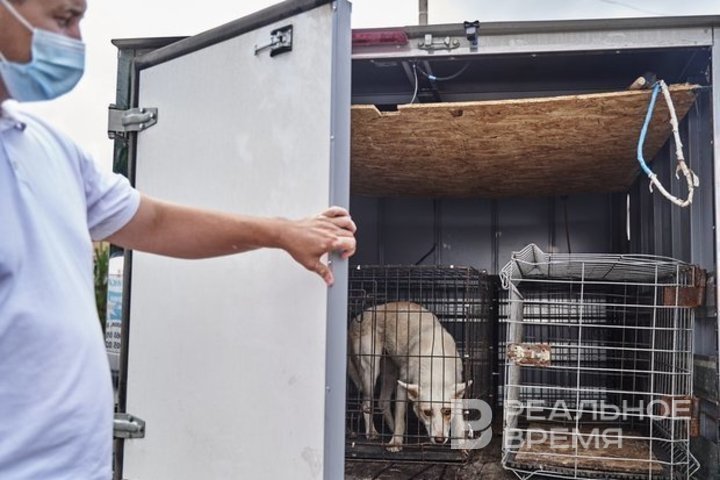To kill or to sterilise: Tatarstan opposes euthanasia for stray dogs
While one region in Russia permits putting aggressive stray dogs down, Tatarstan is seeking alternative solutions to the problem

In Russia, the issue of regulating the number of stray animals is being actively debated following the adoption of a high-profile law in the Khabarovsk region permitting the euthanasia of aggressive stray dogs. The legislation was introduced in response to a rise in attacks by stray animals on people. Meanwhile, Tatarstan is exploring alternative solutions to the problem. More details are available in the report by Realnoe Vremya.
Similar measures are in place in five other regions of Russia
According to the law adopted in the Khabarovsk region, dogs that have attacked people, causing serious injury or death, as well as packs of four or more animals posing a threat, are subject to euthanasia.
Buryatia was the first region to permit euthanasia. To date, similar measures have been introduced in the Astrakhan region, Altai Krai, Kemerovo region, Zabaykalsky Krai, and the Chukotka Autonomous Okrug.
Killing dogs will not solve the problem
State Duma deputy Yaroslav Nilov told Realnoe Vremya that the issue largely stems from people’s irresponsible attitude towards animals. He emphasised the need for a comprehensive approach: stricter accountability for owners, improvement of the capture system, and development of shelter infrastructure, while maintaining humane treatment of animals.

According to the parliamentarian, concerns are raised about the quality of capture operations, especially when they are carried out by ‘itinerants’ from other regions.

Instead, it is necessary to work with catchers and the population
In Tatarstan, where such radical measures have not yet been adopted, representatives of the animal protection community oppose these decisions. According to Elvira Kutueva, director of a charitable foundation, the practice of capturing animals followed by euthanasia is an act of extreme cruelty and contradicts the principles of a humane society.
“In Tatarstan, we are only beginning to implement the law on animal microchipping, and this is the right path of development. Alternative methods based on humane treatment of animals must be a priority,” Kutueva told Realnoe Vremya.
Kutueva is convinced that the “itinerants” referred to by Nilov work solely for payment, without concern for the animals’ welfare. In her view, stricter control over the activities of such organisations is necessary, and they must be held accountable.